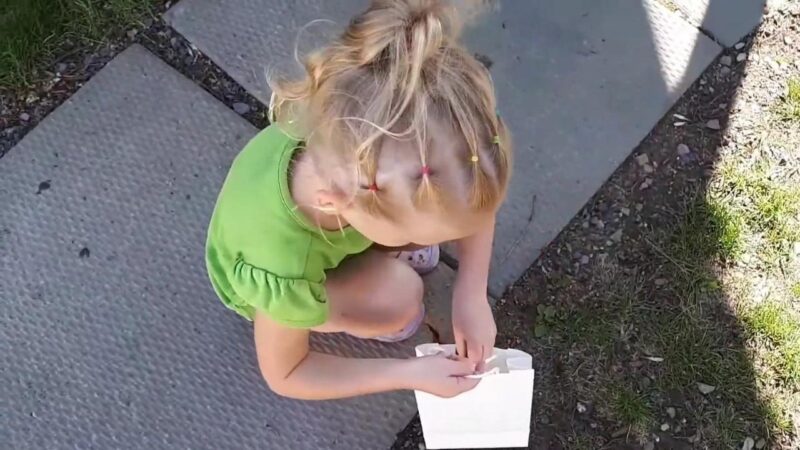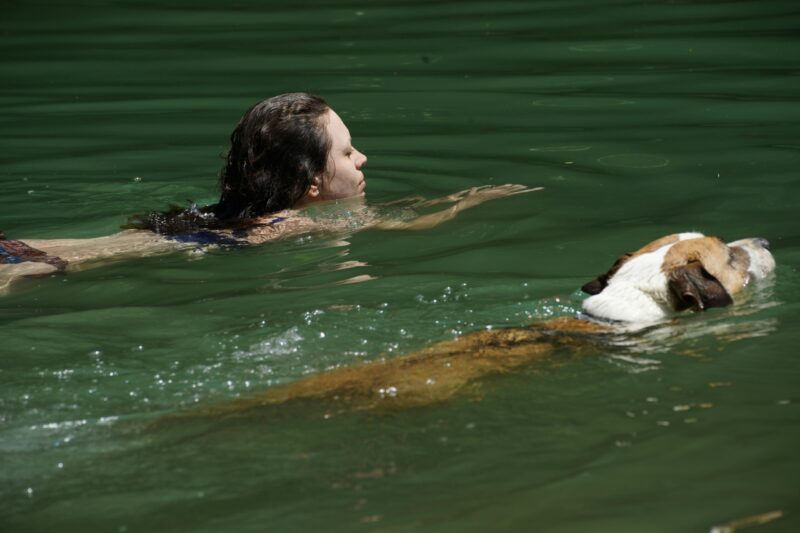Children are more reliant on screens and electronic devices in the modern world and spend more time indoors than ever. While there are many technological advantages, it’s important to maintain a balance and reintroduce the beauty of nature to our younger generation. Ecosystem-related homework is a great approach to accomplish this that is both entertaining and instructive.
Technology isn’t all that awful, and learning how to use it from an early age will be crucial in the future, but there must be limits and a healthy balance between using a phone, computer, tablet, and other high-tech devices when out and about, playing, interacting with others, and properly growing up.
Children can develop a love of nature via the study of ecology, which examines how organisms interact with their surroundings. In order to turn kids’ ecological homework into an exciting experience that engages them with nature, this essay discusses imaginative and interesting teaching techniques.
Here, you may find everything from activities that foster observation and exploration, such as scavenger hunts, to taking courses outside, where the connection between children and the environment is at its best.
For all of those looking to get a break from homework and enjoy nature and friends, make sure to check out MyHomeWorkDone. They will have the solution for you and allow you to have more free time to spend in nature and enjoy yourself.
Encouraging Observation Skills

For children to record their outdoor experiences, writing about their observations of nature is a fantastic tool. Encourage children to write down their ideas and feelings, sketch the flora and fauna they see, draw, write, and sketch it, or even gather leaves and specimens.
This not only sharpens their observational abilities but also fosters awe for the world around them, piques their curiosity in nature and all of its wonders, and increases their appreciation of life as a whole.
Explore Local Ecosystems
Encourage pupils to investigate nearby habitats to make their ecology assignment enjoyable. Let youngsters explore the biodiversity that exists locally, whether it’s in a neighborhood park, woodland, or even a backyard garden.
Getting to know the local animals may help people develop a love for conservation, help them become aware of the condition of their surroundings, and help them become interested in the changes those habitats are through.
Citizen Science Projects
Young scientists are accepted in a lot of citizen science programs. Children can take part in pursuits like bird watching, butterfly spotting, or checking the water quality in their neighborhood streams.
These assignments not only keep youngsters interested in their environmental homework, but they also teach them the value of participating in legitimate scientific study what scientific research is, what it needs, and what it contributes to society.
Create Eco-Art Projects
Eco-art projects can be included in homework assignments to combine creativity with the environment. Children can draw environmental-themed posters, make sculptures out of natural materials, or write poetry that is influenced by the natural world.
These pursuits inspire artistic expression while building a stronger connection to the environment. This has two advantages: it will help students discover their artistic side, contribute to their healthy growth, and perhaps even expand society by attracting new members.
Interactive Online Resources
Technology may be used in the classroom. Use interactive internet resources to teach environmental principles, such as online games, virtual field excursions, and instructional applications. Children may learn about ecology in a fun and modern way thanks to this. They will be able to utilise one to influence the other and combine the finest of both worlds positively.
Outdoor Scavenger Hunts

We all know it’s simple to have fun outside, but having this much fun is perhaps the greatest method. Set up outdoor scavenger hunts for your pupils as a sort of participatory exercise.
These might involve locating particular plant species, animal footprints, or even geological phenomena in a park or nature reserve. Scavenger hunts make learning about ecology an exciting experience; they will improve their cognitive abilities, as well as their senses and their ability to concentrate.
Classroom Gardens
Consider creating a garden in your classroom for a practical learning opportunity. Students can take part in the planting and upkeep of plants, herbs, or vegetables. This not only imparts ecological knowledge but also promotes environmental responsibility.
When the moment is right, everything they seed will be reaped. This teaches them responsibility, caring, and putting out the necessary time and effort, and based on all those inputs, they learn what the results will and may be.
Nature Stories and Legends
Tell your kids folklore and natural tales from other civilizations. These stories can arouse curiosity in developing new communities based on their activities in the world and instil a sense of respect and admiration for the environment and the role it plays in diverse cultures.
Ecology Debates

Turn your school assignments into lively conversations or debates about environmental concerns. This fosters critical thinking in youngsters and enables them to comprehend the complexity of environmental issues. These are all crucial for healthy growth and education, as well as for appreciating nature, adventure, and fresh air.
Outdoor Movie Nights
A few times a year, host nature documentary film nights to bring learners outside. Films that examine varied ecosystems, animal behaviours, and conservation initiatives should be recommended to pupils. A little popcorn, group viewing, chat, and on-the-spot opinion sharing may all enhance the experience.
Conclusion
Ecology homework may be a method to introduce kids to nature in engaging and instructional ways without having to assign it as a requirement. Teachers and parents may motivate children to cultivate a strong respect for the environment by adopting interactive and innovative ways.
In a time of accelerating technological development, it is more important than ever to instil in our children an appreciation for nature. While using cutting-edge technology, they still have to absorb and retain information, balance is crucial in all aspects of life, including this one. To do this, let’s make ecological homework interesting, motivating, and a gateway to a greener future, while simultaneously using technology to the most extent feasible.








